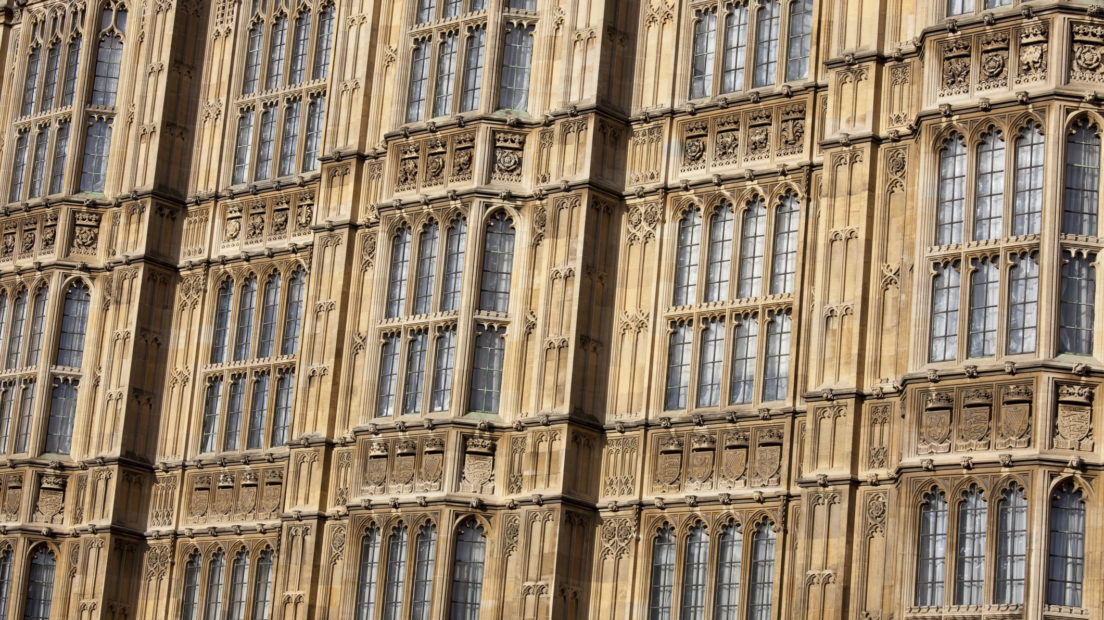Ada Lovelace Institute statement on the King’s Speech
Gaia Marcus, Director of the Ada Lovelace Institute, responds to the 2024 King's Speech.
17 July 2024
Reading time: 2 minutes

Reacting to the data and AI proposals in today’s King’s Speech, Gaia Marcus, Director of the Ada Lovelace Institute, said:
“We welcome the Government’s confirmation that it will seek to establish legislation in this Parliament and deliver on its manifesto commitment to binding regulation on powerful AI models – but it will need to maintain momentum and bring forward a Bill as soon as is practicable.
“These systems are already being integrated into our daily lives, our public services and our economy, bringing benefits and opportunity, but also posing a range of risks to people and society.
“Ada’s public attitudes research consistently shows people have high expectations of how AI is governed. Good governance will be critical not only for securing the trust of the public, but also the confidence of businesses and public sector bodies in adopting AI, and of developers and investors looking for regulatory clarity and certainty.
“We have long argued that voluntary commitments from the tech industry to protect people from the potential harms of AI models are not good enough. Only hard rules enshrined in law can incentivise developers and deployers of AI to comply and empower regulators to act.
“Regulating the most advanced foundation models is an urgent task, but it is only the first step towards delivering the comprehensive regulatory framework for AI that will be necessary to maximise the benefits of these powerful technologies. It’s therefore positive to hear that Government will look at the role of legislation in the UK’s regulatory regime for AI – but we would hope to still see a Bill early in this Parliament.
“Comprehensive legislation will need to cover sensitive or high-risk AI applications: for example, the use of live facial recognition by the police, the use of AI in the public sector, or the use of AI in the workplace. It will need to introduce new powers, resources and statutory underpinning for regulators and their supporting institutional architecture (such as the AI Safety Institute and centralised risk assessment). And it will need to create new channels for transparency and redress to enable people to understand how AI affects their lives – and ultimately to have a say in when and how this happens.
“We should also remember that AI regulation is not being created in a vacuum: existing laws such as the UK GDPR and the Equality Act 2010 provide important protections to people affected by AI. We’re pleased to see the Government prioritising data-sharing for public benefit in the Digital Information and Smart Data Bill, in favour of previous efforts to change fundamental protections for personal data. It will be important to prevent abuse of research provisions by commercial actors to maintain public trust, but we welcome the emphasis on maintaining high standards of protection in the quest for greater regulatory clarity.
“We look forward to working collaboratively and constructively with the new Government, regulators and other stakeholders to ensure that the UK strengthens its approach to regulating AI and that these technologies work for people and society.”
Related content

Safety first?
Reimagining the role of the UK AI Safety Institute in a wider UK governance framework

It’s time to strengthen data protection law for the AI era
How improving the Data Protection and Digital Information Bill can help ensure that AI and data work for people and society

Regulating AI in the UK
Strengthening the UK's proposals for the benefit of people and society